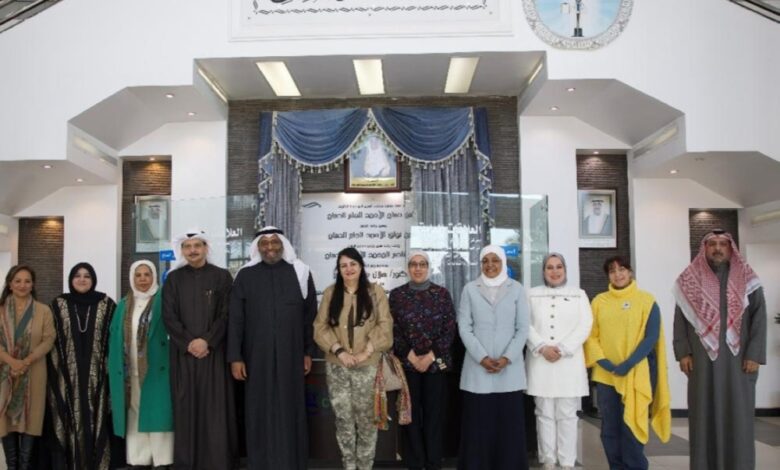Kuwait hosts WHO delegation to evaluate healthy cities initiative
The city of Yarmouk, which received the WHO’s Healthy City certification in 2018, will undergo re-evaluation, along with the final evaluation of three other cities of Al-Sha’ab, Du’a, and Qortuba.

• If Al-Sha’ab, Du’a, and Qortuba receive certification by the World Health Organization, Kuwait’s roster of Healthy Cities will expand to a total of ten.
Dr. Amal Al-Yahya, Head of the Healthy Cities Office at the Ministry of Health, announced Kuwait’s hosting of a World Health Organization (WHO) delegation from January 5 to 9.
The delegation includes Dr. Samar Al-Faqi, Head of Community Initiatives and Elderly Health at the WHO Regional Office, and Dr. Mohammed Khashoggi, Head of the Healthy Cities Program in Saudi Arabia, Al Jaridanewspaper reported.
Al-Yahya stated in a press release, “The main objective of the visit is to evaluate healthy cities in Kuwait. The city of Yarmouk, which received the WHO’s Healthy City certification in 2018, will undergo re-evaluation, along with the final evaluation of three other cities of Al-Sha’ab, Du‘a, and Qortuba.”
She added that the visit includes reviewing the activities of the coordination committees in each city, assessing the health systems prepared by these cities, and conducting field visits to selected application sites to ensure that the proposed plans and objectives are being implemented effectively.
Al-Yahya emphasized that if the three new cities are approved, the number of certified Healthy Cities in Kuwait will increase to ten. She noted that the Office of Healthy Cities is actively working to expand the initiative by registering and approving new cities.
She highlighted that Kuwait is currently at an important stage of implementation at the governorate level, with ongoing coordination with the governorates of Hawalli, Jahra, and Al-Ahmadi. This includes forming committees at the governorate level and selecting specific areas within each governorate to implement the initiative in parallel.
She added that this approach not only aims to increase the number of Healthy Cities but also facilitates the provision of logistical, technical, and administrative support for the initiative.
This enables communities to achieve the Healthy City standards set by the organization, which encompass nine main axes, including community partnerships, health development, education, environment, community security, and resource sustainability.













